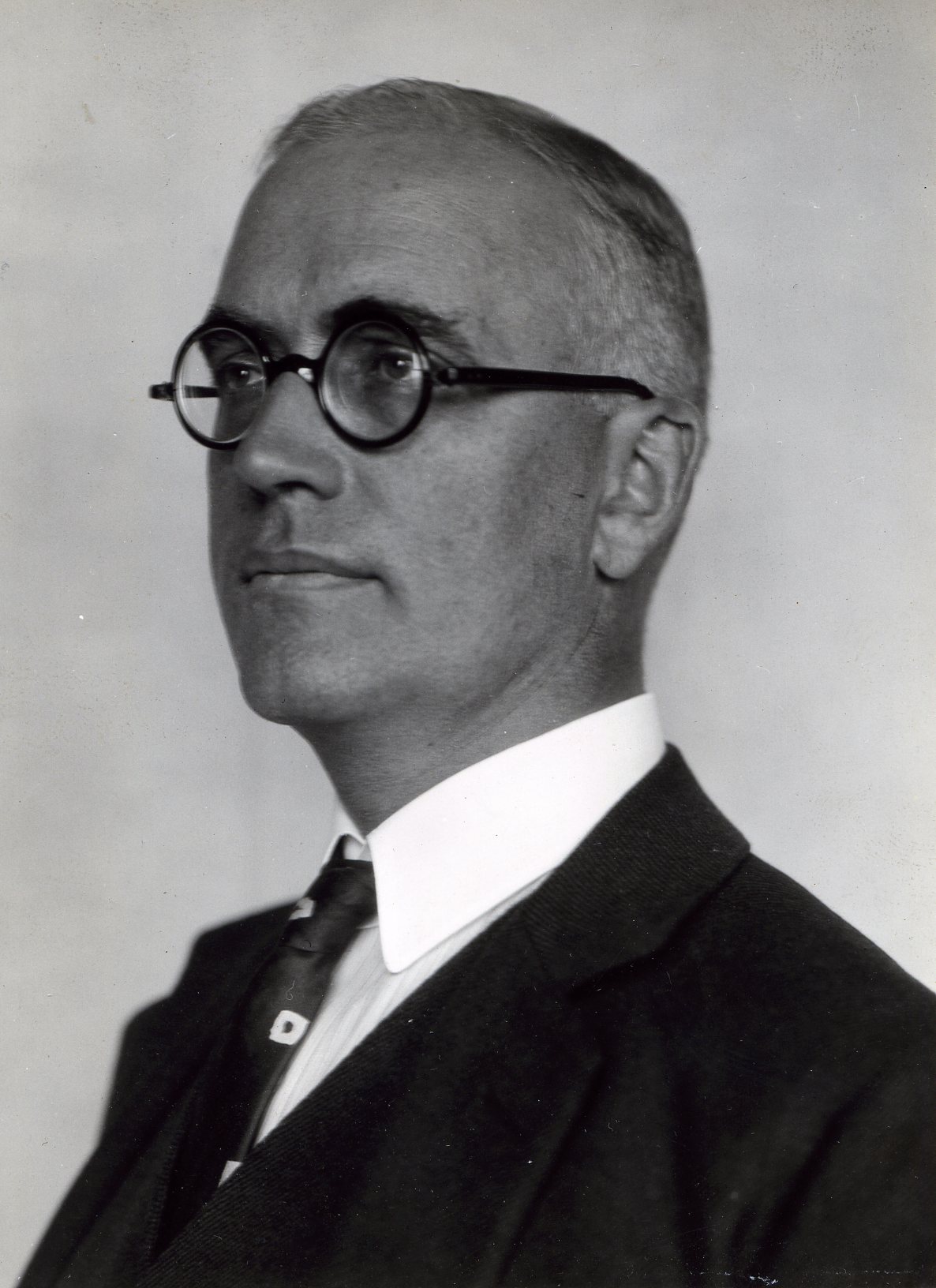Surgeon
Centurion, 1918–1943
Born 10 February 1876 in New York (Manhattan), New York
Died 13 March 1943 in Morristown, New Jersey
Buried New Vernon Cemetery , New Vernon, New Jersey
, New Vernon, New Jersey
Proposed by Walter B. James and Robert Bridges
Elected 2 February 1918 at age forty-one
Century Memorial
Frederick Theodore Van Beuren, Jr., was born and raised on the ancestral Van Beuren property at No. 21 West Fourteenth Street. That thoroughfare was noted for Tammany Hall, Tony Pastor’s Music Hall, the Academy of Music, Huber’s dime museum, the actors’ “Rialto,” Delmonico’s, and the emporium of the retired ship captain, R. H. Macy. But none of these Manhattan sights was as memorable as the milch cow that grazed, as late as the nineties, in the block-long yard of the Van Beuren mansion at No. 21.
The atmosphere of very old New York society surrounded young Van Beuren when he matriculated at Yale. He therefore astonished those of his classmates who had not been to Centurion J. H. Morse’s school with him. For he chose his friends on the basis of “his own immediate impressions,” and avoided “the then too general tendency of any freshman to consider the probable social success and future popularity of men with whom he was thrown.” He was then, as later, remarkable for his great personal charm, his scholarly mind, and his never neglected physical fitness. In college he was a crack 120-yard hurdler. Even while studying medicine and later while in practice, he served actively in Squadron A. While that State cavalry unit was on riot duty at Croton Dam, he rode all night to take, and pass, a stiff examination at medical school.
He loved the problems of surgery and was intellectually a real contributor to the profession, the practice of which, however, took a toll from him that his sensitive nature could not meet. Overcoming this handicap, if it is one, he served as a medical officer in World War I in the Aisne-Marne, Oise-Aisne, St. Mihiel, and Meuse-Argonne offensives.
According to a colleague, “he maintained, as Associate Dean of the College of Physicians and Surgeons, standards hard to define in the selection and guidance of youth sniffing at careers in Medicine. Students came to love him.” The same witness mentions his companionability: “Medical meetings where he and Hans Zinsser (one of his dearest friends) met were unique. Quotations, improvisations of poetry, stories and songs—especially yodeling by Hans and ‘Danny Deever’ by Fred—did away with inhibition and prohibition. They lit the highlights of many an evening among friends.”
Geoffrey Parsons
1943 Century Memorials

